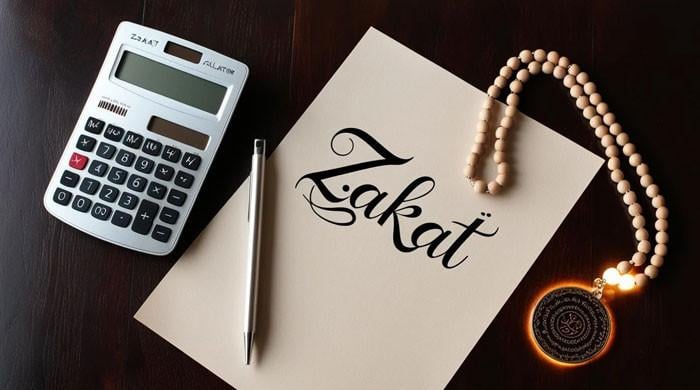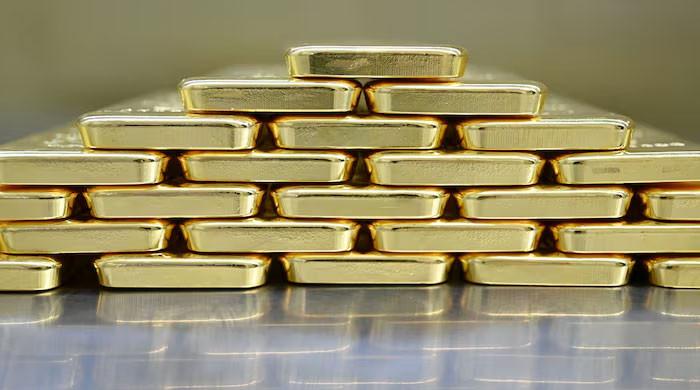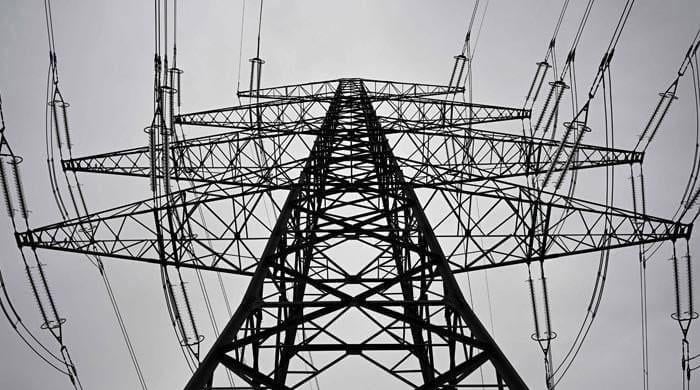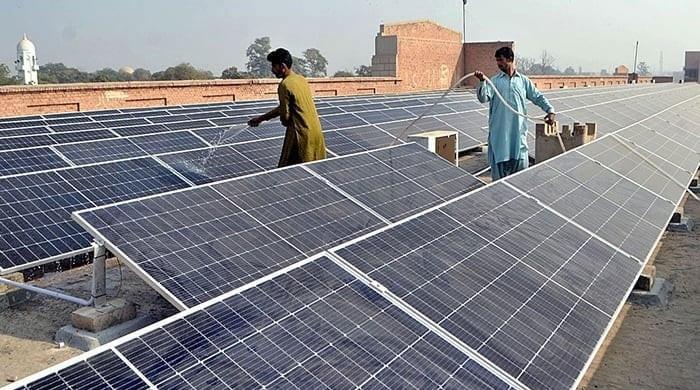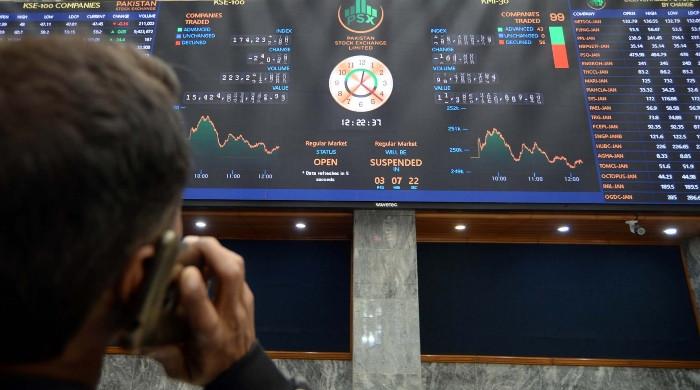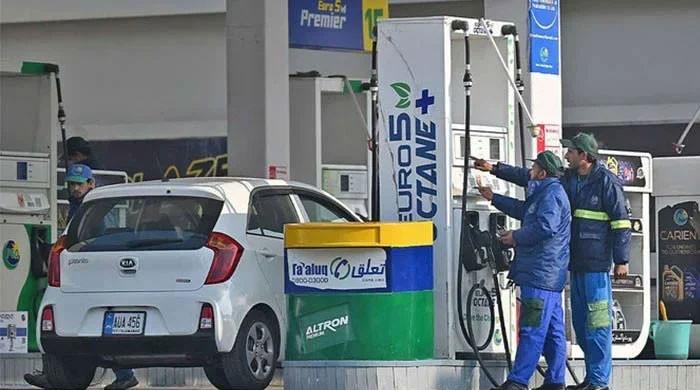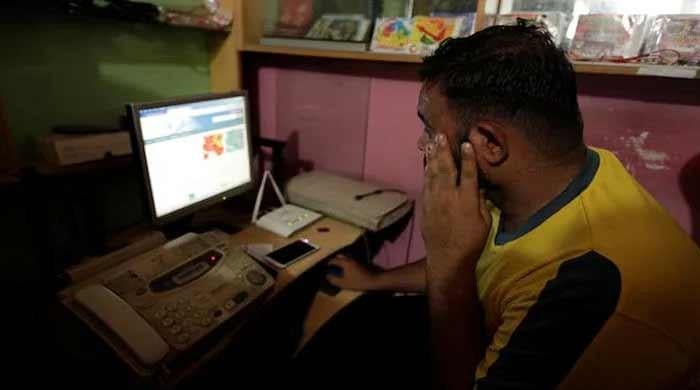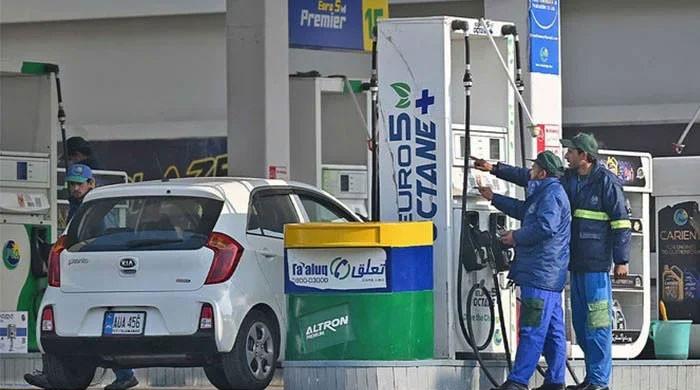SBP expected to raise interest rate by 100-200bps
18% foresee no change, and only 2% anticipate a rate cut, Topline Research polls shows
January 15, 2023
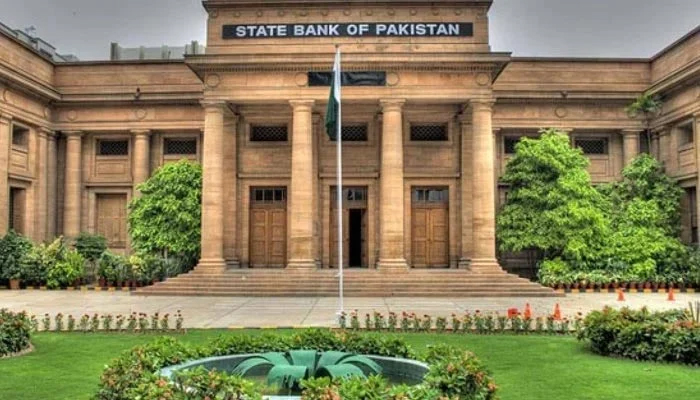
- 74% people predict rate hike of 100-200 basis: Topline Research poll.
- 18% foresee no change, and only 2% anticipate a rate cut: poll.
- SBP increased the policy rate by 100bps to 16% in November 2022.
The State Bank of Pakistan (SBP), due to rising inflation and declining foreign reserve, is expected to raise its benchmark interest rate in its January 23 meeting, The News reported citing a brokerage house poll.
Topline Research said: “The majority of the participants (74) expect the policy rate to increase by 100-200 basis points (bps).” Out of these, 37% anticipate a 100bps increase, 18% expect a 150bps increase, and 19% eye a 200bps hike, it added.
Topline officials added that out of the remaining participants, 2% expect an increase of over 200bps, 5% foresee a 50bps gain, 18% eye no change, and only 2% expect a rate cut. The SBP increased the policy rate by 100bps to 16% in November 2022.
A Topline Research analyst said, “We think that policy rate will increase by 100bps in upcoming monetary policy, however, if inflation rate does not fall and external issues persist, further rate hikes cannot be ruled out.”
The consumer price index (CPI) inflation increased to 24.5% since the last monetary policy statement on November 25. Urban core inflation (non-food non-energy) stood at 14.7% in December versus 14.6% in November. Rural Core Inflation increased to 19.0% in December, compared with 18.5% in the previous month.
The poll results said inflation in the short term is expected to soar given supply-side disruptions and increased prices of certain food items during the last few weeks.
It added, “The SBP expects average inflation of 21-23% in FY2023 whereas our inflation estimate is around 26% in FY2023.”
Challenges continue to mount on the external front, as foreign exchange reserves drop to $4.3 billion, down by $3.1 billion from November 25, barely an import cover of one month. This is due to huge debt repayments and the slowdown in foreign inflows, it added. The SBP, in its last policy statement, underlined concerns about slowing foreign flows due to political uncertainty and the tightening global crisis amid rising global interest rates.
Pakistan's economy is in serious crisis due to fast diminishing foreign exchange reserves, a declining rupee, and deteriorating macroeconomic indicators. Pakistan's economy was severely cash-strapped after a deadlock with the International Monetary Fund over tax targets. Floods that submerged a third of the country and lowered its growth by half made the situation more alarming.




